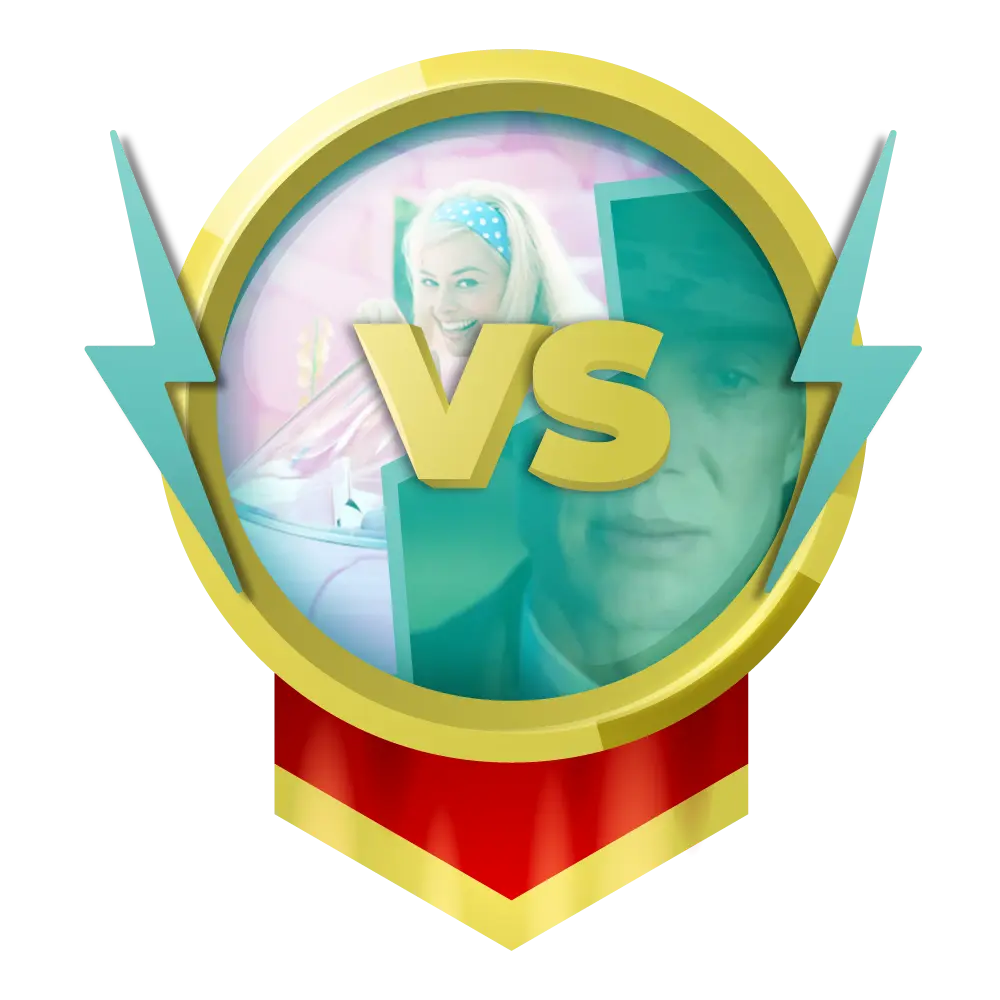Hello Peliplaters!
What do you like to do after dinner to help with digestion? (I know walking is obviously a much better option, but trust me, the contentment of lying on the couch watching TV works just as well—scientists just haven't figured this out yet.)
Last week, my wife and I spent our after-dinner time watching Squid Game Season 2. My wife is a devoted Korean drama fan who exclusively watches Korean shows, completely bypassing North American and British ones. Korean dramas are known for their compact storylines, intricate plot twists and masterful portrayal of character dynamics and conflicts. I love watching my wife's reactions during these shows—they give me insight into what moves her. While I'm not particularly drawn to Korean dramas myself, they've become a window into understanding my wife better.
We started Squid Game Season 2 with high expectations, but the first few episodes left us wondering if there'd be any "games" at all. The sequel follows Lee Jung-jae's character, Seong Gi-hun, after his victory in the first season. Though Gi-hun initially plans to flee, he has a change of heart at the airport just before his flight to the United States. He realizes the 45.6 billion won prize money doesn't truly belong to him—it belongs to the 455 players who died in the game. His noble mission becomes finding the game's organizers to prevent further deaths. The problem lies in the story's three-year jump from season one. During this gap, the show's director and writer, Hwang Dong-hyuk, envisioned Gi-hun undergoing profound psychological changes through deep reflection. Yet these changes remain invisible to viewers. So, when audiences tune in to the second season expecting to see shadows of the original Squid Game, Hwang delivers a stark message in the first episode: Squid Game is unjust, and I refuse to continue it.
Does this feel familiar? It seems Hwang might have had a heart-to-heart with Todd Phillips before making Squid Game Season 2. One can almost imagine Phillips saying, "Bro, that's settled then! You take this approach in your sequel, and I'll do the same in mine."
As a creator myself, I understand Hwang's perspective. In my earlier piece about Joker 2, I voiced similar support for Phillips. Creators naturally worry about how their works would be interpreted by audiences and what social impact they might have. While this mindset often leads to more socially conscious and empathetic storytelling, it can sometimes result in heavy-handed messaging and contrived plot developments.

Despite his limited screen time, Gong Yoo's character as The Salesman left a lasting impression in the first season. Always impeccably dressed, he'd unhurriedly invite strangers at busy subway stations to play a game of Ddakji. He constantly maintained a smile—showing neither frustration when slapped nor glee after winning. His behavior and psychological state were intriguing. In everyday life, we often pass through subway stations only during rush hours. No one would seek out games during commute time, let alone maintain such a cordial smile.
In season two, however, The Salesman's intriguing mysteriousness devolves into illogical, narcissistic behavior. One morning, he buys two bags of bread and lottery tickets, then asks homeless people in the park to choose between them. When most choose the latter, he dumps all the bread on the ground, crushes it underfoot, and berates them for their choice in a lofty tone—condemningly ascribing the food waste to their greed for lottery tickets instead of his own destruction. While Hwang might be trying to illustrate the Squid Game organizers' philosophy through this scene, it feels contrived. The homeless people, who merely trusted The Salesman's apparent kindness, face humiliation without provocation. Their choice of lottery tickets over bread isn't necessarily driven by greed—perhaps they weren't hungry, or perhaps they saw the tickets as a better path to improving their circumstances. All in all, the flippant association between lottery and greed feels unwarranted.
Even if Hwang intended to portray The Salesman's disturbed psychology, the plot lacks conviction. Behind every person's descent into madness usually lies a fatal weakness—one that stimulates him, tempts him, hollows out his soul, and transforms him into a fiend who disregards morality and law. In American Psycho, director Mary Harron not only reveals the demonic acts of Patrick Bateman (played by Christian Bale) but also uses numerous close-ups to capture his psychological transformation. Unlike Squid Game, it was adapted from a same-titled novel, giving both Harron and Bale the chance to deeply explore Bateman's psychological motivations with author Bret Easton Ellis.
I can't help but wonder: what if Hwang had written Squid Game as a novel before producing it as a TV series? As a creator, he'd have had the opportunity to develop his characters' psychological journeys more thoroughly. As readers, we'd have had more time and freedom to understand the story's complex characters.
Any thoughts, Peliplaters?



















































View replies 3
View replies 1
View replies 1